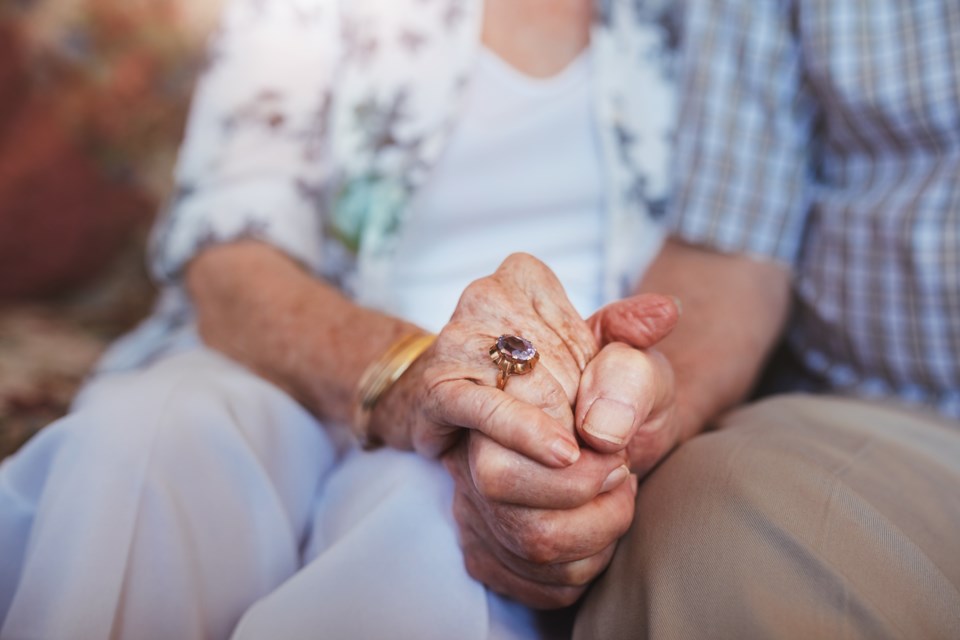A research project conducted by Saskatchewan Polytechnic earlier this spring hopes to offer more insight into the impact that COVID-19 isolation has had on seniors, to better help navigate the coming winter months as the pandemic persists.
Sask Polytech researchers and nursing student research assistants studied the experiences of 40 Saskatchewan seniors, aged 60 and older, who were facing challenges due to the social distancing and isolation measures in place.
Participants were interviewed three times in the spring, and researchers say that the early results show that seniors experienced loneliness, anxiety and low-mood due to their routines being disrupted and the limitations on social interaction and regular exercise.
The study also explored the different ways that seniors were coping with their isolation, such as utilizing technology to stay connected with friends and family and staying active with outdoor walks and gardening.
“We hope that the information learned in this study, along with the videos created, can be used to educate seniors and their families on the challenges of social isolation and tips on how to thrive during the pandemic,” said Heather Nelson, Sask Polytech research chair, vulnerable persons, in a press release.
With winter approaching, researchers hope that the data obtained from the study will help navigate the magnified COVID-19 challenges for seniors and offer insight into coping measures.
The research project recommends seniors care for their mental health by exercising, engaging in hobbies or with community and church groups, and keeping a regular routine.
It also encourages seniors to mitigate the negative effects of isolation by continuing to communicate with friends and use family as support, as well as consider volunteering somewhere. Overall, researchers reminded seniors to reach out if they feel they need help.
The study was funded by the Saskatchewan Centre for Patient-Oriented Research (SCPOR) , the Saskatchewan Health Research Foundation and Sask Polytech.
“Heather and her team have utilized a variety of SCPOR supports to ensure their team is embracing patient-oriented research and engaging patients meaningfully, including funding to engage patients at the outset of the research, matched funding for two trainees on the project and support for knowledge translation,” said Jackie Mann, executive director of SCPOR. “Heather’s team has embraced the patient-oriented research concept while contributing to this important work. We’re pleased to support the team in their research and excited to see the outcomes of their research.”


.png;w=120;h=80;mode=crop)

